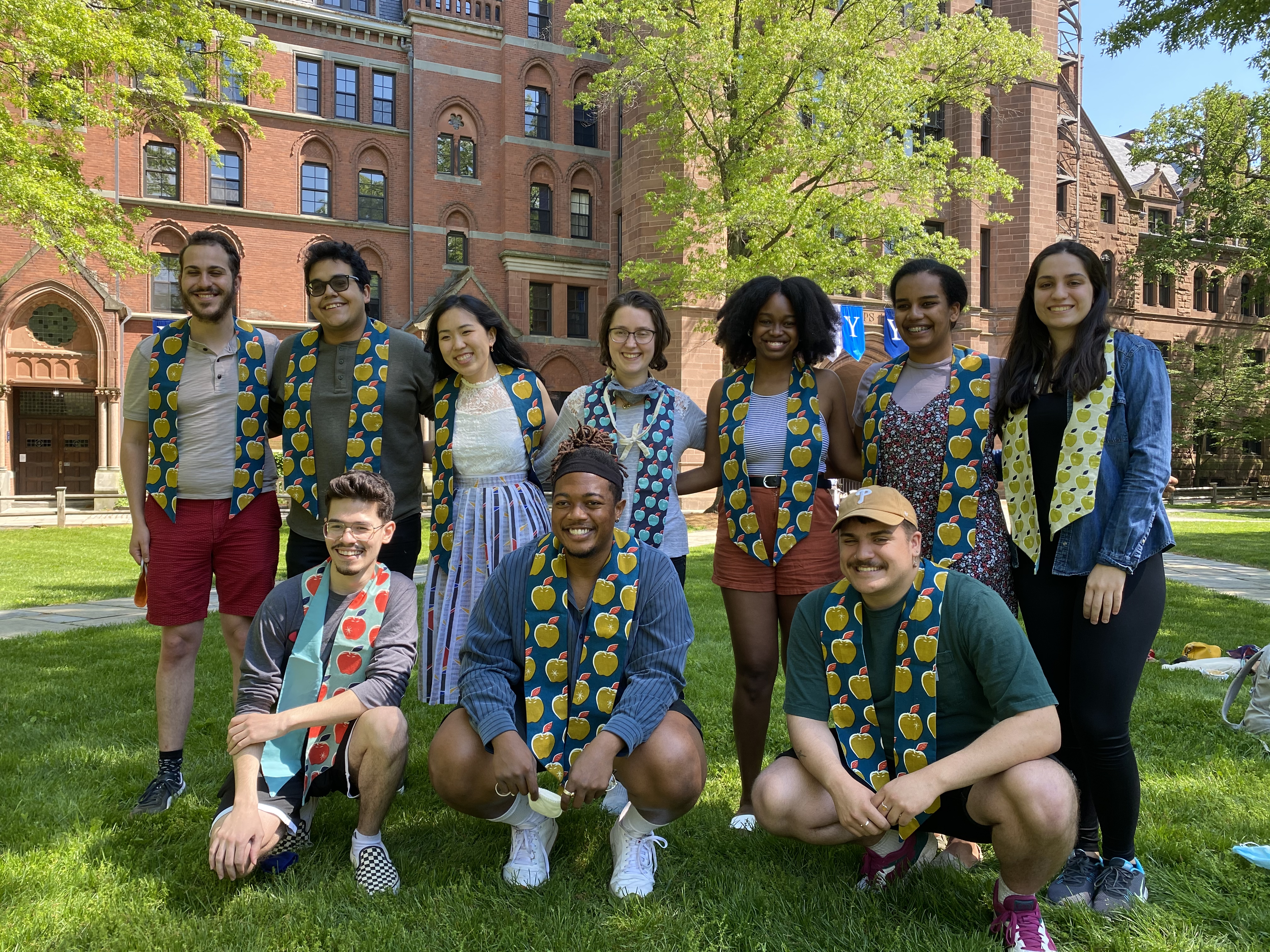Adviser: Talya Zemach-Bersin
Second Reader: Tavia Nyongo
American Studies Program
Abstract: My Education Studies capstone is a two-part creative project. This paper establishes the problem of the Black community’s complex relationship with the environment, how this relationship has been largely absent in children’s lit on the environment, and what my intervention into the literature is. The second part of this project is a middle grade graphic novel, The Adventures of Zora Jones, set in Los Angeles on Black environmentalism. This is important because there hasn’t been much writing for youth on Black people’s long history of engaging with the environment and on how racism is tied up in how we engage with nature. I hope to show all Black kids that there is more for Black folks interested in the environment than violence and pain, Black folks have in fact had meaningful relationships with the environment for years, and their own relationship can look like a million different things beyond the dominant narrative of who and what is considered “outdoorsy.”
Key words: creative project, Black, youth, nature, environment, outdoors, outdoorsy, multigenerational, reclaim, graphic novel, future, dreams
